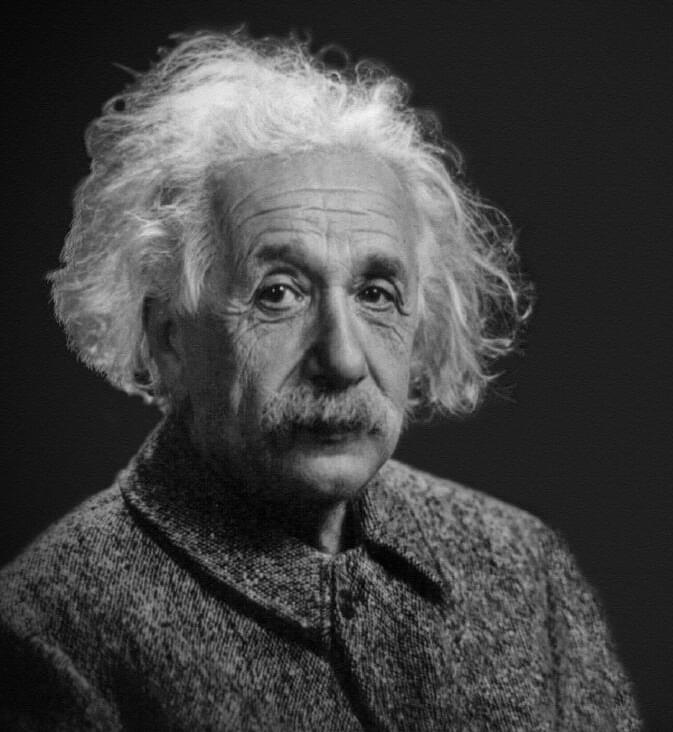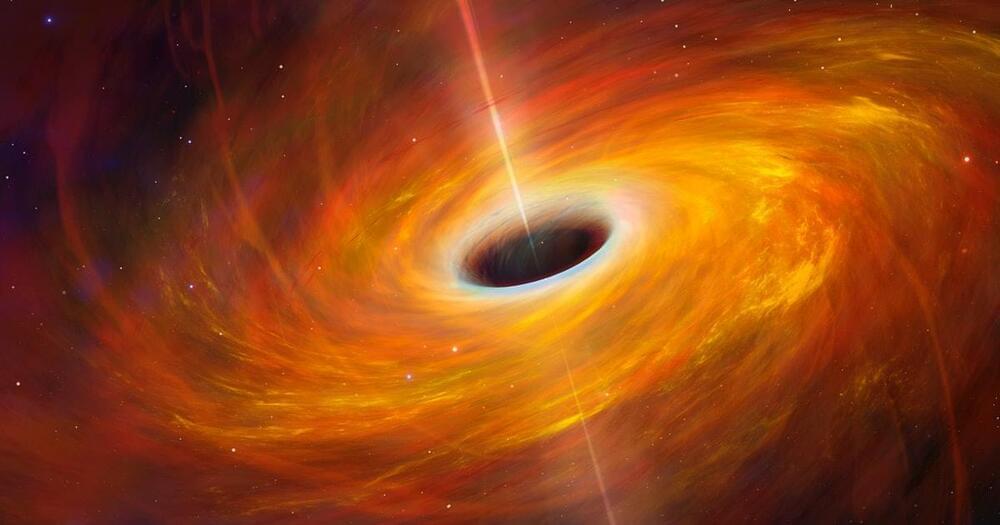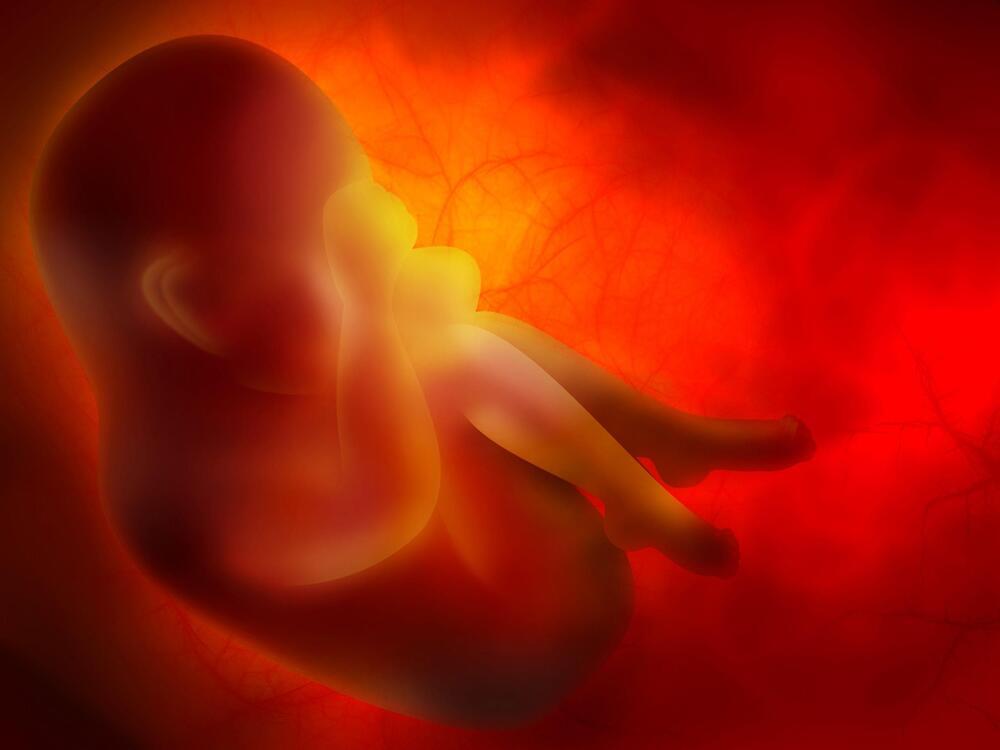Most energy-producing technologies used today are unsustainable, as they cause significant damage to our planet’s natural environment. In recent years, scientists worldwide have thus been trying to devise alternative energy solutions that take advantage of abundant and natural resources.
In addition to solar energy, wind energy and seawater energy solutions, some physicists and engineers have been exploring the possibility of sourcing energy from nuclear fusion reactions. This is the process through which two atomic nuclei combine to form a heavier nucleus and an energetic neutron.
Two research teams working at the Lawrence Livermore National Laboratory’s (LLNL) National Ignition Facility (NIF) demonstrated new approaches to increase nuclear energy production via a laser-driven fusion reaction. Their findings, published in recent Nature and Nature Physics papers, open new exciting possibilities for one day using self-heating plasmas as sustainable energy sources.








